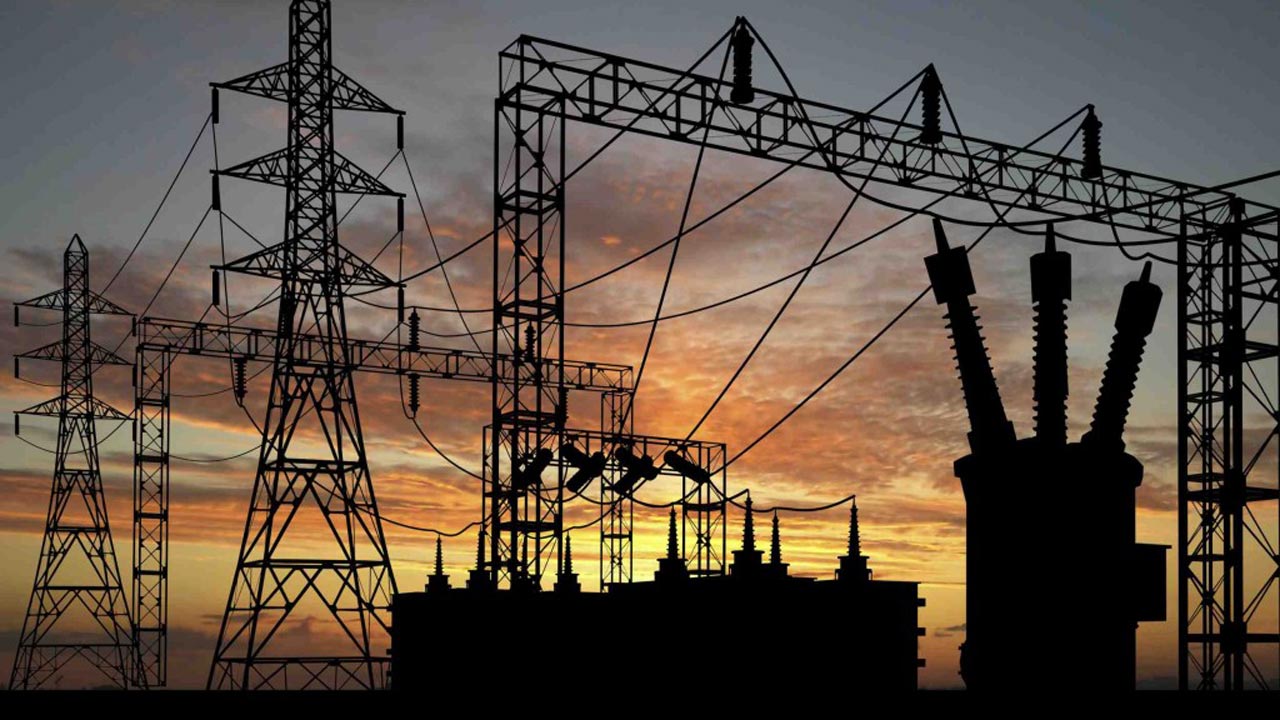Electricity generation remains a trillion dollar opportunity in Africa
The biggest opportunities in Africa‘s electricity problems are in electricity generation. Although power generation projects can be very capital intensive, there are scalable and cheap options like solar and wind power. We shall now look at the various options open to Africa for power generation based on its natural resources and geographic advantages.
Note: You may not have the required capital to exploit the opportunities in this area but we believe it‟s important that you arm yourself with the knowledge we‟re about to share with you. Who knows what ideas you could come up with.
Hydro – Africa is blessed with several impressive and high potential rivers. With some of the world‘s longest and largest rivers, hydropower remains one of the continent‘s least developed renewable energy sources. Although Africa has about 27 percent of the world‘s hydropower potential, more than 93 percent of this potential remains unexploited. For example, the Congo River, which is the world‘s second largest river (after the Amazon, in terms of flow) has the capacity to produce enough electricity for half of Africa‘s population.
Some of the interesting hydropower projects to watch out for in Africa over the coming years include: INGA (DR Congo), Kafue Gorge Lower (Zambia), Cabora Bassa (Mozambique), Maguga (Swaziland), Bui (Ghana) and Bujagali (Uganda). As a result of the slow pace and huge investments required for hydro projects, there is a growing likelihood that the Africa will adopt micro‘ hydropower projects in the near future. Micro hydropower projects are usually less than 500KW in capacity and are less capital intensive to build.
Coal – Africa sits on 9 percent (33,000 tons) of the world‘s total coal deposits. Often referred to as black gold‘, coal remains one of the oldest sources of electricity generation known to man. Although regarded as a dirty fuel‘ nowadays due to its high carbon emissions, coal still plays a huge role in electricity generation in the world‘s largest economies.
For example, coal is still responsible for 40 percent of electricity generated in the USA and 77 percent in China; the world‘s two biggest economies. In Africa, coal generates more than 90 percent of South Africa‘s electricity. Coal‘s abundance and affordability on the continent makes it one of the top options for resolving Africa‘s electricity generation crisis.
Natural gas – Africa has the third largest natural gas resources in the world (behind the Middle East and Europe); Nigeria and Algeria hold the continent‘s largest share of natural gas reserves. Despite the huge abundance of gas, only a small portion is converted to electricity in Africa. Gas, although a fossil fuel, is favoured as a clean alternative to coal and oil.
In addition to its clean quality, gas power stations are cheaper to build and take much less time to complete than hydro and coal projects. Because gas produces much less carbon emissions than other fossil fuels (such as coal), gas power plants can be built close to urban areas and they‘re not considered to be a serious pollution threat. Despite the abundance and suitability to solving Africa‘s
194 serious electricity problems, most of Africa‘s natural gas is exported to developed countries in Europe and Asia; the rest is often burned away and wasted.
Petrol (Gasoline) & Diesel – These have become the most popular fuels for providing backup power in Africa. Most homes, offices and businesses in Africa use petrol and diesel to power backup generators to provide electricity in times of shortages.
In addition to their use and importance as fuels for transportation purposes, Africans (especially in the cities) collectively spend billions of dollars every year on petrol and diesel for electricity generation purposes. While petrol is commonly used as fuel for low capacity power generators, diesel remains the dominant fuel for high and heavy duty power generators that supply electricity to factories, large estates and office blocks.
Geothermal – Geothermal energy is energy produced from heat within the Earth. It can be pulled from hot water and hot rock found a few miles beneath the Earth‘s surface. According to an Accenture report29, Sub-Saharan Africa has great geothermal potential. Africa‘s geothermal resources are concentrated in the East African Rift System (EARS), comprised of the Democratic Republic of Congo, Djibouti, Eritrea, Ethiopia, Kenya, Madagascar, Malawi, Mozambique, Rwanda, Tanzania, Uganda, and Zambia.
The geothermal potential in these countries remain largely undeveloped and only about 217 MW of geothermal electricity has been developed so far in East Africa, most of it being in Kenya. Electricity from geothermal sources fills only 17 percent of Kenya‘s
electricity demand. This is insignificant compared to the region‘s huge potential, estimated at 10,000 MW in Kenya alone.
Wind – is one of the most abundant and renewable sources of energy in Africa. Electricity is produced when winds cause the large blades of wind turbines to rotate. According to the World Energy Outlook, Africa has the potential to produce up to 16GW of electricity by 2035 and the countries with the highest potential are those with great wind speeds. This includes coastal regions of most countries and the Eastern highlands (Kenya, Sudan and Chad). Wind power has the potential to compete with other sources of electricity in countries with abundant wind flows.
Nuclear – Africa has the world‘s second largest reserves of uranium, the major fuel used in nuclear plants to produce electricity. However, the continent appears to be the only region of the world that is missing out of the huge benefits of nuclear energy; which remains, despite its controversial nature, one of the cheapest, most efficient and carbon-friendly options for electricity generation in today‘s world.
India, a similar developing region to Africa, has 20 nuclear reactors and is currently building seven more. China is also building 13 new reactors (in addition to its existing 17) to ramp up its electricity supply by 2018.
South Africa is the only country on the continent that produces electricity from nuclear energy. There used to be an operational nuclear reactor in Kinshasa (DR Congo) but it shut down in 2004 due to overheating problems. Although a couple of countries have developed nuclear energy policies, progress has remained very slow and no serious efforts are being made to exploit the energy benefits of nuclear.



